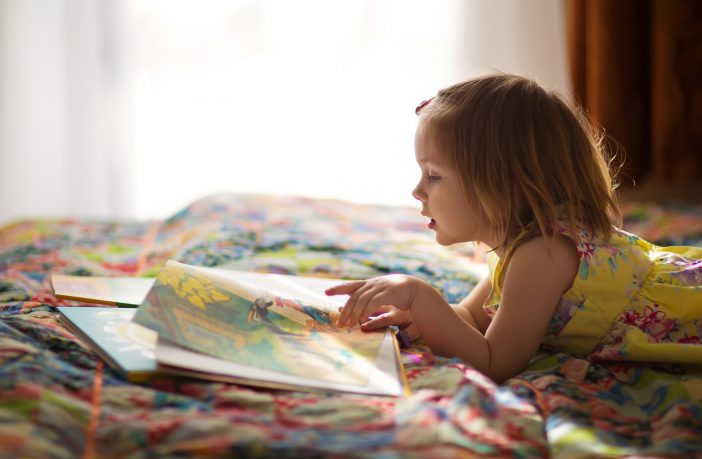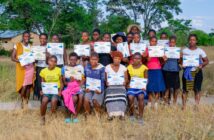The Open University’s Children’s Research Centre (OUCRC) and psychologist-led, Children Heard project have collaborated to analyse survey responses from 240 children aged between 3-12 (48 early years and 192 primary school age participants) on their thoughts, feelings and experiences of living through the COVID-19 pandemic. The report demonstrates how children have varying experiences of the pandemic, both negative and positive, and shares recommendations to involve children and young people in the decisions that directly impact their lives.
Between March and August 2020, Children Heard, in collaboration with UNICEF Norway, Iceland and Slovenia, collated responses via a 16-question online survey. The survey was offered in four languages: English, Icelandic, Norwegian and Slovenian. The OUCRC and Children Heard research teams analysed the initial survey responses comprising two elements, a quantitative analysis of survey responses and a qualitative multi-phase process of thematic analysis. This research focuses on the responses of those aged 3-12, an age group which is historically neglected in research.
Key findings
– Children missed playing with friends and the physicality of being with them, both in and out of school. Disruption includes missing events and being constantly conscious of restrictions related to the virus
– Children had high levels of awareness about the widespread nature and potential impact of the virus, with the highest frequency of emotive words around the virus being sad, bad, scared and not good
– Children answering the survey in English were more likely to express sadness, worry and fear than those answering in other languages
– Children missed their friends and expressed concern for family members. There is an overall sense of concern for immediate family, whilst feeling cut off from their wider circle of loved ones, primarily grandparents
– Children talked about new opportunities that the pandemic brought to their lives. This included spending time with family at home, engaging more with neighbours and the local community, a new flexibility to learn at home, and more time spent outdoors
– Children exhibited resilience towards the pandemic, characterised by a wish to understand more about the virus and how to stay safe going forward
The team’s recommendations for organisations and decision-makers include:
- To seek ways to involve children and young people in decisions that directly impact their lives
- The OURC are also calling for longer term, qualitative research, which is needed to capture insights about the ongoing and changing nature of children and young people’s responses to the pandemic
Dr Liz Chamberlain, Senior Lecturer in Primary Education at The Open University, said: “Children’s lives, identities, relationships are all impacted by the pandemic and yet there is such little opportunity for their voices to be part of the collective response. This report demonstrates the importance of listening to children about their experiences. Our hope is that the findings provide useful starting points for conversations with children, for parents and caregivers, as well as for those working within the fields of child-led research and practice. Children are at the heart of the pandemic and their experiences are shaped and understood in the context of their unique lives and relationships to others.”
Dr Gail Sinitsky, Counselling Psychologist at Children Heard, commented: “We are so grateful to all of the children who participated in our survey, both in written and in art form. Their expressions are diverse, curious, meaningful and multi-layered – including those from the very young. We are not seeking to draw any conclusions or generalisations about children’s experiences of the pandemic. Rather, we really hope this report will inspire people to engage more often in dialogue with children and to actively and meaningfully hear what they have to say.”
To achieve the goal of making the findings accessible to children and young people, the two publications, a summary report and a children’s poster (illustrated by Onyinye Iwu), should be read in parallel and viewed as complementary. The summary report is written for wider stakeholder groups (including parents/carers, schools, local authorities, non-governmental organisations, decision-makers and funders). The children’s poster communicates the findings through illustrations to capture a young audience.
The Children’s Research Centre hope to undertake further longitudinal, qualitative research around themes arising from this research. The Centre hopes to collaborate with other child and youth-led organisations and institutions to pool resources and research capability.
To read the full report and view the poster, please visit: http://wels.open.ac.uk/research/childrens-research-centre/research or www.childrenheard.com/coronavirusposter



